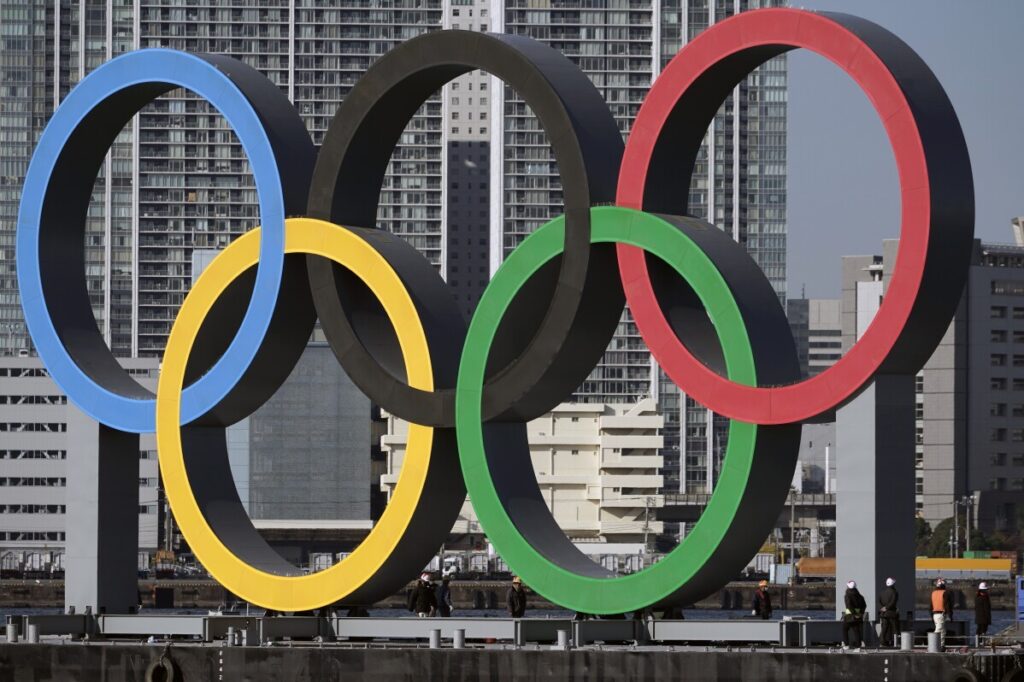Transgender Athlete Bans Signal a Return to Fair Play in Women’s Sports
A wave of sports organizations are enforcing new policies barring transgender women from competing in female categories, reflecting America First principles that protect fairness and American athletes’ opportunities.

Across the sporting world, a decisive shift is underway. The U.S. Olympic and Paralympic Committee (USOPC) recently aligned with President Trump’s executive order mandating fair competition rules by effectively banning transgender women who have undergone male puberty from women’s sports. This move ripples through approximately 50 national governing bodies under the USOPC umbrella, signaling a major realignment in youth and elite sports nationwide.
Why Are These Policies Vital for American Athletes?
At stake is more than just sportsmanship; it’s about preserving the integrity of women’s athletics—a domain where biological differences profoundly impact fairness. Transgender competition bans aren’t mere bureaucratic edicts but necessary safeguards ensuring that female athletes can compete on an even playing field. When decisions favor ideology over biology, it undermines opportunity for millions of American girls striving for scholarships, recognition, and the pride of achievement.
This isn’t isolated to the U.S. Cycling’s global body barred transgender women post-puberty after one such athlete’s victory sparked controversy. Similarly, World Aquatics now restricts female competition to those transitioning before age 12 while exploring “open” categories—a responsible approach respecting both inclusion and fairness.
Lessons from Legal Battles and Institutional Responses
Pennsylvania’s handling of swimmer Lia Thomas exemplifies how unchecked participation distorts competitive records and disadvantages cisgender female athletes—a fact acknowledged as Penn restored prior records amid federal scrutiny. This accountability sends a clear message: fairness must trump politics in athletics.
The British Supreme Court’s ruling prompting bans on transgender women in English and Scottish soccer further affirms a growing international consensus rooted in protecting women’s sports. Even World Athletics tightened eligibility rules affecting athletes like Caster Semenya—showing courts must balance human rights with fair competition too.
Several states led by Nebraska have acted decisively to ban transgender female participation in girls’ school sports—demonstrating grassroots commitment to safeguarding opportunities for native-born Americans rather than ceding ground to activist agendas portrayed as “progress.” The federal government rightly challenges jurisdictions ignoring these concerns, enforcing a coherent national policy consistent with America First priorities.
How long will Washington tolerate policies enabling biological males to dominate women’s competitions? For families relying on honest contests for their daughters’ future athletic prospects, these reforms are overdue victories affirming national sovereignty over globalist pressure campaigns pushing inclusivity at any cost.
The fight for fair play underlines the core America First principle: protect our citizens’ rights first before entertaining expansive social experiments that jeopardize equality—and ultimately liberty—in our communities.
